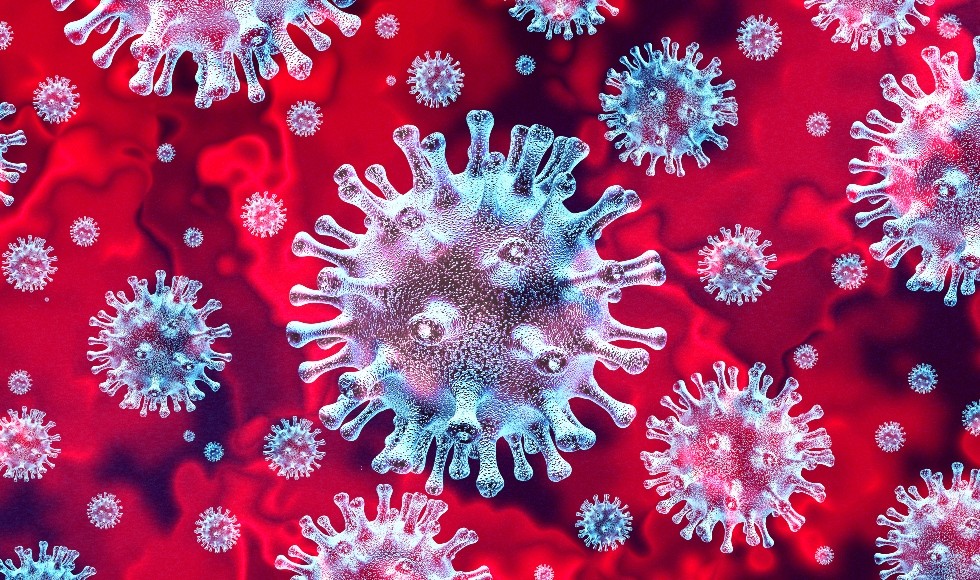The medical community still grapples with the mystery of why some people experience symptoms of long COVID-19, affecting various parts of the body, from the legs and feet to the stomach, lungs, and brain, while others recover only days after being infected with the virus.
But one thing is certain: Facilitated support groups tailored toward a specific illness, like long COVID, enhance participants’ well-being, foster improved outcomes and improve overall quality of life.
In northern Colorado, a new informational, discussion, and support (IDS) group is starting for people struggling with long COVID.
“There are lots of patients with long COVID. It is more common than people think,” said Dr. Matthew Light, a pulmonary disease and critical care medicine specialist for UCHealth Pulmonology Clinic – Greeley and Loveland. “We want to provide a place to discuss long COVID and share symptoms. There is no specific treatment per se (for long COVID), so this group can share what works and doesn’t — bring individual experiences and insights and meld this into what we know in the medical field.”
“It will be a two-way street of sharing,” he said. “A place to talk about experiences and heal as a group.”

In Colorado, more than 15% of all adults report having experienced long COVID, according to the Centers for Disease Control and Prevention’s Long COVID Household Pulse Survey taken Oct. 18-30, 2023.
Many people recover from COVID-19 within a few days or weeks. But for others, symptoms may linger for weeks, months or even years. Long COVID encompasses an extensive range of persistent symptoms, including:
- Chronic fatigue.
- “Brain fog” and other neurological problems, like dizziness, headaches or mood symptoms.
- Change in vision or eye redness.
- Hearing loss or ringing in the ears.
- Loss of taste or smell.
- Neck pain or thyroid gland swelling.
- Shortness of breath or chronic cough.
- Chest pain, irregular heartbeat or fainting.
- Changes in urination, heartburn, diarrhea or constipation.
- Shaking in the hands or swelling in the legs or feet.
- Changes in menstrual cycle or symptoms, or erectile dysfunction.
- Rashes, hair loss or jaundice.
- Muscle aches or joint pain.
Because symptoms are highly variable, many people don’t realize they are dealing with long COVID.
“They know something is wrong but don’t know what it is, and many have not sought treatment,” Light said.
The Long COVID IDS group in northern Colorado is open to anyone experiencing long COVID, whether they’ve been diagnosed with it or not. It meets from 5:30-7:30 p.m. May 14, June 11 and July 9 at the UCHealth Medical Center of the Rockies, 2500 Rocky Mountain Ave. in Loveland.
People experiencing long COVID and their friends and family are invited to attend. Light and Martinez, registered nurse Maggie Hinz and chaplain Ryan Wooley will facilitate group sharing and lead educational topic discussions. Attendees can suggest topic discussions through this online form. They can also email [email protected] for more information.
“We want to provide an extra layer of support for this population,” said Michaela Martinez, a registered nurse and clinical educator with UCHealth. “(People with long COVID) often get lost in the system. They go to an appointment and talk through their symptoms, but then they are told, ‘OK, we will see you in six weeks,’ and they’re left at home to suffer.
“This is that next layer of support, a place to get credible information on what they are dealing with and different ways to deal with it.”
Editor’s Note: The Colorado Times Recorder occasionally posts articles, like this one, about COVID-19 from UCHealth Today, which is published by UCHealth, the hospital associated with the University of Colorado School of Medicine. Our goal is to provide as many people as possible with accurate information about medical issues that are poisoned by misinformation, particularly as discussed on social media and talk radio.
Additional articles from UCHealth on long COVID:
Multiple trials testing treatments for long COVID symptoms
The mysterious and confusing symptoms of long COVID




